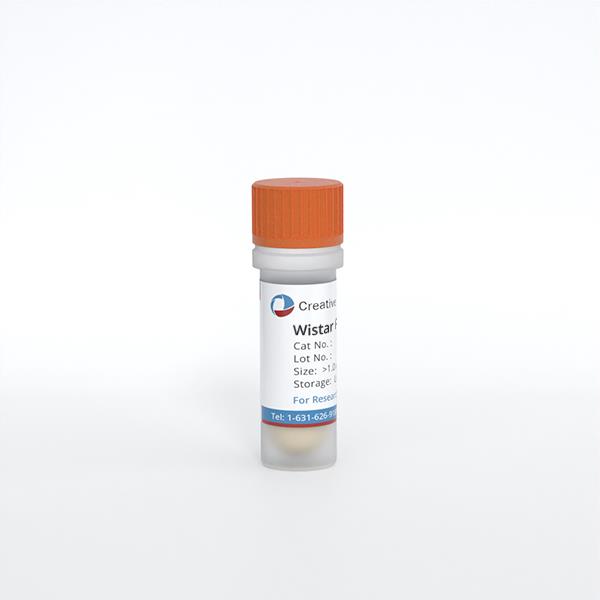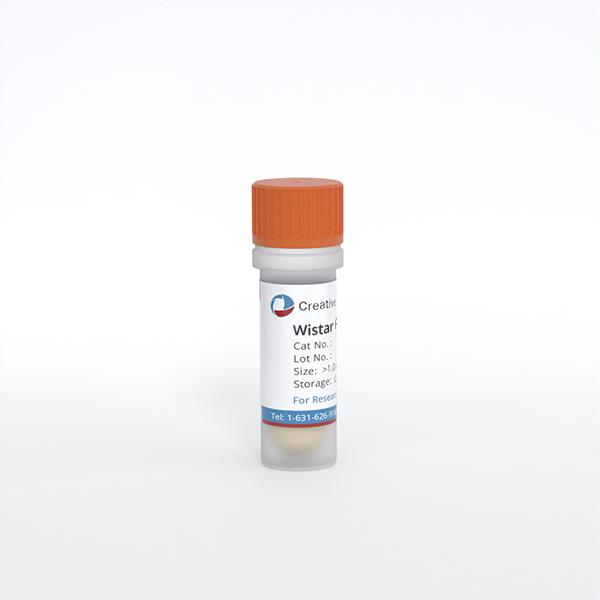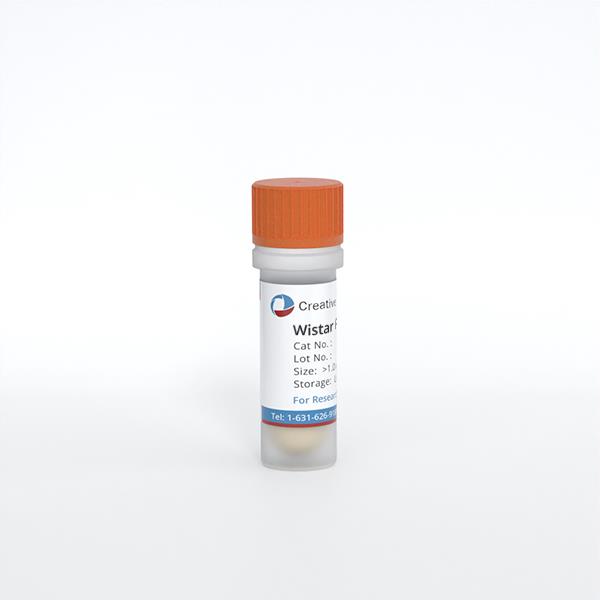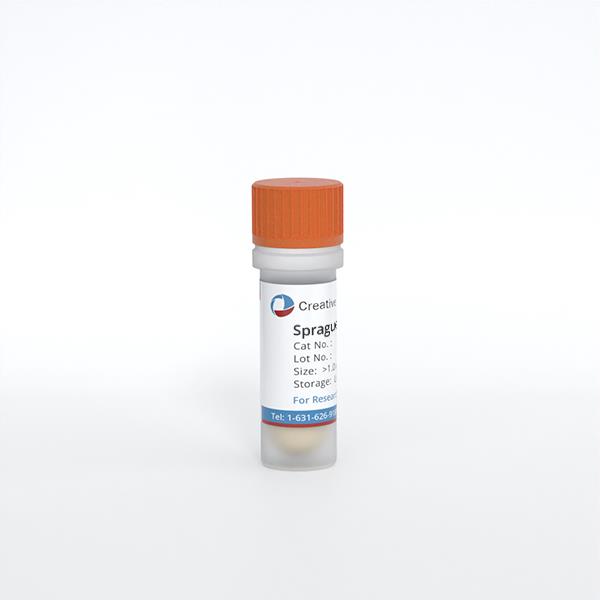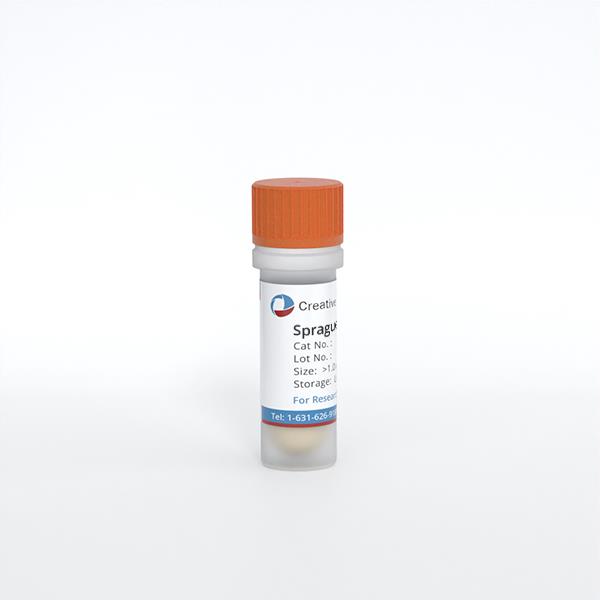Featured Products
Hot Products
ONLINE INQUIRY
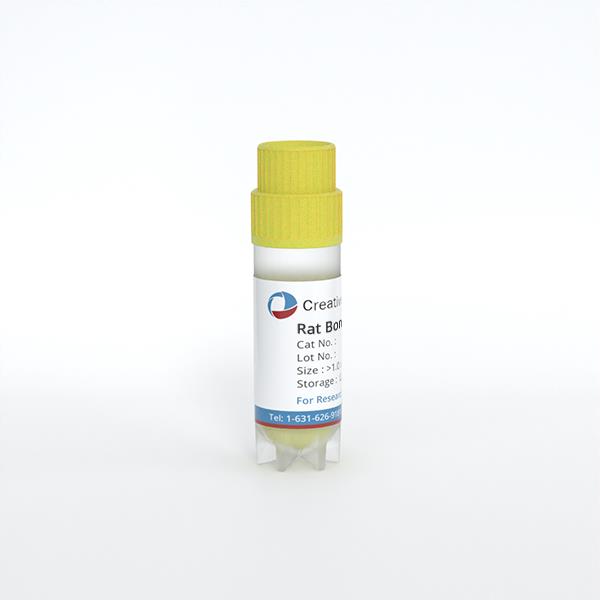
Rat Bone Marrow Dendritic Cells
Cat.No.: CSC-C4973J
Species: Rat
Source: Bone Marrow
Cell Type: Dendritic Cell
- Specification
- Q & A
- Customer Review
Cat.No.
CSC-C4973J
Description
Rat bone marrow dendritic cells are derived from the tibias and femurs of 6 weeks old Sprague–Dawley Rats. Cells are grown in 100 mm treated tissue culture dish and incubated in complete growth medium for 5-7 days. Prior to shipping, cells are detached from dishes and immediately cryo-preserved in vials. Each vial contains at least 5 x10^6 cells and is delivered frozen. Cells are negative for bacteria, yeast, fungi, and mycoplasma. Cells are tested for expression of markers using antibodies, CD11c by flow cytometry. Cells can be expanded on a multiwell culture plate ready for experiments under the cell culture conditions specified by Cretive Bioarray.
Species
Rat
Source
Bone Marrow
Recommended Medium
Cell Type
Dendritic Cell
Disease
Normal
Quality Control
Rat bone marrow dendritic cells are negative for bacteria, yeast, fungi and mycoplasma.
Storage and Shipping
Creative Bioarray ships frozen cells on dry ice. On receipt, immediately transfer frozen cells to liquid nitrogen (-180 °C) until ready for experimental use.
Never can cryopreserved cells be kept at -20 °C.
Never can cryopreserved cells be kept at -20 °C.
Citation Guidance
If you use this products in your scientific publication, it should be cited in the publication as: Creative Bioarray cat no. If your paper has been published, please click here to submit the PubMed ID of your paper to get a coupon.
Ask a Question
Write your own review
- You May Also Need
Related Products


